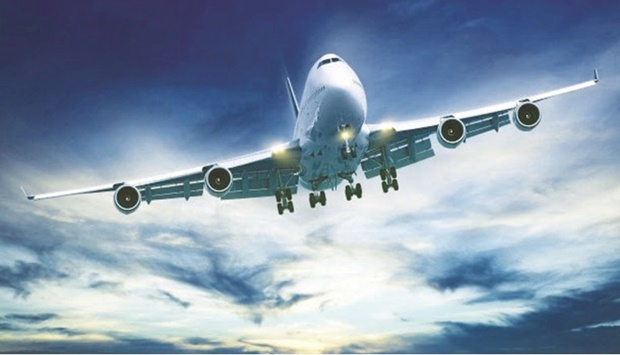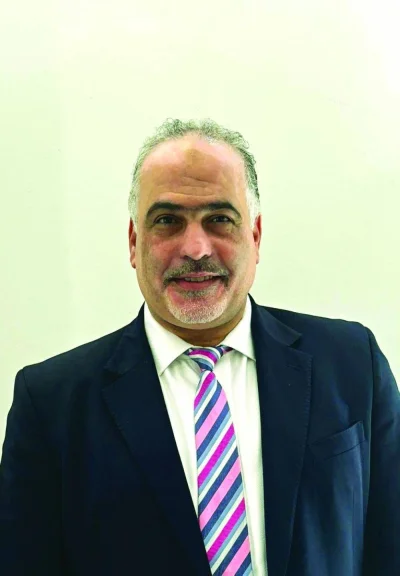Middle Eastern airlines had a 54.4% demand drop in the passenger segment in November last year compared to November 2019 compared to the 60.9% decrease in October, versus the same month in 2019, according to the International Air Transport Association.
Capacity declined 45.5%, and load factor slipped 11.9 percentage points to 61.3%, IATA’s latest figures show.
That said, the recovery in air travel continued in November 2021, prior to the emergence of Omicron. International demand sustained its steady upward trend as more markets reopened. Domestic traffic, however, weakened, largely owing to strengthened travel restrictions in China, IATA noted.
Total demand for air travel in November 2021 (measured in revenue passenger-kilometres, or RPKs) was down 47% compared to November 2019. This marked an uptick compared to October’s 48.9% contraction from October 2019.
Domestic air travel deteriorated slightly in November after two consecutive monthly improvements. Domestic RPKs fell by 24.9% versus 2019 compared with a 21.3% decline in October. Primarily this was driven by China, where traffic fell 50.9% compared to 2019, after several cities introduced stricter travel restrictions to contain (pre-Omicron) Covid outbreaks.
International passenger demand in November was 60.5% below November 2019, bettering the 64.8% decline recorded in October, IATA said.
“The recovery in air traffic continued in November. Unfortunately, governments over-reacted to the emergence of the Omicron variant at the close of the month and resorted to the tried-and-failed methods of border closures, excessive testing of travellers and quarantine to slow the spread.
“Not surprisingly, international ticket sales made in December and early January fell sharply compared to 2019, suggesting a more difficult first quarter than had been expected. If the experience of the last 22 months has shown anything, it is that there is little to no correlation between the introduction of travel restrictions and preventing transmission of the virus across borders. And these measures place a heavy burden on lives and livelihoods. If experience is the best teacher, let us hope that governments pay more attention as we begin the New Year,” said Willie Walsh, IATA’s director general.
That said, the recovery in air travel continued in November 2021, prior to the emergence of Omicron. International demand sustained its steady upward trend as more markets reopened. Domestic traffic, however, weakened, largely owing to strengthened travel restrictions in China, IATA noted.
Total demand for air travel in November 2021 (measured in revenue passenger-kilometres, or RPKs) was down 47% compared to November 2019. This marked an uptick compared to October’s 48.9% contraction from October 2019.
Domestic air travel deteriorated slightly in November after two consecutive monthly improvements. Domestic RPKs fell by 24.9% versus 2019 compared with a 21.3% decline in October. Primarily this was driven by China, where traffic fell 50.9% compared to 2019, after several cities introduced stricter travel restrictions to contain (pre-Omicron) Covid outbreaks.
International passenger demand in November was 60.5% below November 2019, bettering the 64.8% decline recorded in October, IATA said.
“The recovery in air traffic continued in November. Unfortunately, governments over-reacted to the emergence of the Omicron variant at the close of the month and resorted to the tried-and-failed methods of border closures, excessive testing of travellers and quarantine to slow the spread.
“Not surprisingly, international ticket sales made in December and early January fell sharply compared to 2019, suggesting a more difficult first quarter than had been expected. If the experience of the last 22 months has shown anything, it is that there is little to no correlation between the introduction of travel restrictions and preventing transmission of the virus across borders. And these measures place a heavy burden on lives and livelihoods. If experience is the best teacher, let us hope that governments pay more attention as we begin the New Year,” said Willie Walsh, IATA’s director general.



